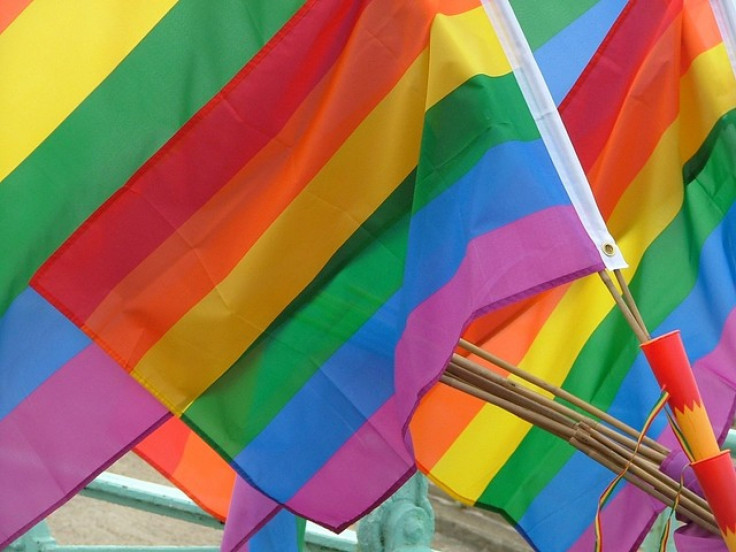Gay Pride Banned In St. Petersburg, Russia, After Complaints; LGBT Activists To Defy Orders

Gay rights activist in St. Petersburg, Russia, who were given the green light by the authorities to conduct a peaceful pride march only to have it banned later, plan to defy orders and proceed with the parade on Saturday.
The city's lesbian, gay, bisexual and transgendered community (LGBT) will be marching along the route that was finalized in their agreement with the city, organizer Yury Gavrikov told the media on Friday.
They will walk from Aprelskaya Street to Polyustrovsky Park in the city's northeast, with a rally at the park, Gavrikov reportedly told Interfax.
St. Petersburg Pride organizers submitted their application to authorities in the city's various districts in order to have an agreed route. An agreement was reached earlier this week to have the event at Poliustrov Park, which is located on the city's outskirts. However, on Thursday, authorities reneged on their words, acting on what they said are enormous number of complaints from residents against the event.
The Show Must Go On
Gavrikov told the media that the city's reversal was illegal and said participants will be marching and rallying, even though he predicts the turnout won't be a large number.
We received the city authorities' permission to hold the event and [Russian] laws do not stipulate that that the permission could be revoked, he told RIA Novosti. We will hold the event as planned.
The city's backtrack on the agreement has fueled a response from Amnesty International, which said St. Petersburg must allow the Pride march to go on as planned.
It is time for St. Petersburg to portray itself as a global city where tolerance and respect for human rights are held high and where there is no place for discrimination, said Sergei Nikitin, director of the Moscow Office of Amnesty International.
Backtracking At The Last Minute
Amnesty also pointed out that within the last two years, the local NGO Ravnopravie (equality) submitted applications to the authorities in order to hold a Pride march for St. Petersburg's LGBT community. It said that different courts in St. Petersburg have ruled against the authorities' constant refusal to let it happen.
Authorities in St. Petersburg have also reportedly suggested that this kind of event be held in the more remote areas of the city. However, those agreements were also withdrawn at last minute, according to Amnesty.
Such behavior paints the St. Petersburg authorities in a very negative light, as they are flouting their international obligations to protect the basic human rights of all city residents, Nikitin said.
St. Petersburg's Legislative Assembly passed a law in February banning and penalizing the propaganda of homosexuality and pedophilia among minors. The law went into effect in March, but Gavrikov told the Moscow Times that activists aren't concerned that they could possibly be fined for violating the law.
Those who are found in violation can be fined between 5,000 to 500,000 rubles ($153 to $15,300).
© Copyright IBTimes 2024. All rights reserved.












